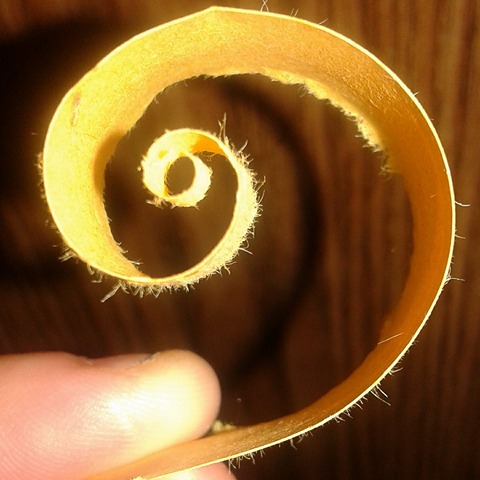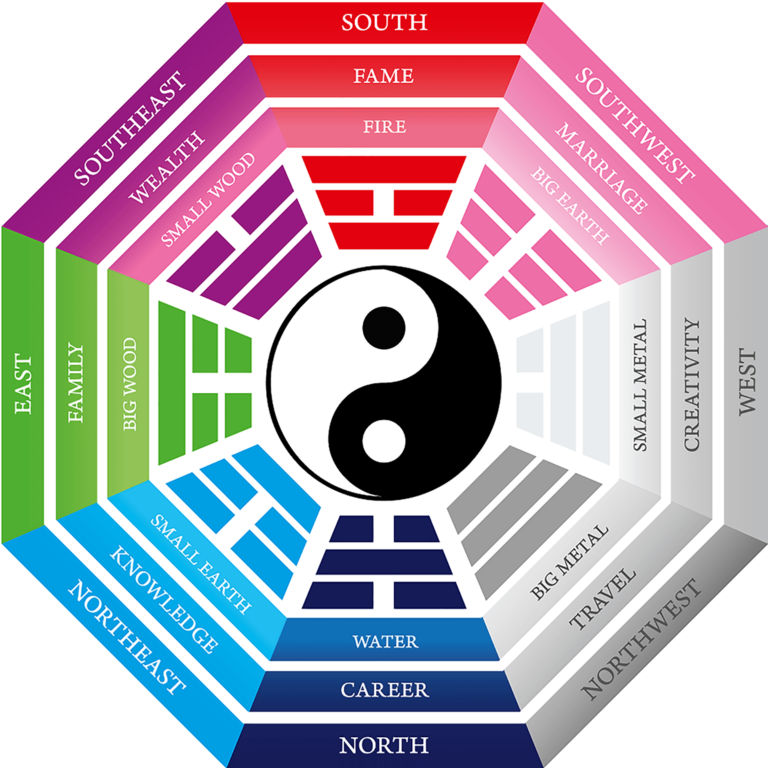

Home The Founder
Born into a wine grower family in the picturesque South of Germany, Barbara’s childhood was immersed in nature, surrounded by the Black Forest’s mountains and lakes. Her upbringing, filled with imaginative games and creative pursuits, laid the foundation for her design sensibilities. With a French mother, she developed an interest in antiques, interior design, and the art of sophisticated table settings. Her design ethos focuses on harmonizing contemporary and old-fashioned elements, creating spaces that radiate warmth and positive energy.Barbara prioritizes a feeling of well-being in her interior designs. With a childhood influenced by the thermal towns of her region, she places significant importance on bathroom design. The influence of Roman baths is evident, with a focus on creating spaces that evoke a sense of regeneration and positivity.In response to increasing environmental concerns, Barbara integrates sustainable technologies into her designs. She observes trends favoring single-color contrasting shades, aligning with a societal shift toward personalized spaces that blend hygiene and design seamlessly.When asked to define her concept of home, Barbara emphasizes intimacy, likening it to heaven on earth—a restful haven inviting meditation. Her approach to spaces involves containing only the necessary while exuding warmth, illustrating her belief that minimalism equates to elegance.
Since 2007, Barbara Lorenzetti has built and renovated numerous homes across Southern
and Northern Europe. Her commitment to creating homes with large windows, optimizing
natural light, and meticulous attention to circulation underscores her design philosophy. Her
homes, referred to as “Palm e Agua Houses,” embody biophilic design principles
harmonizing individuals with their surrounding environment.
According to the legend, the pyramid of Cheops contains a proportion that was calculated with the
Golden Ratio. Considered as the universal formula of beauty, the Golden Ratio is supposed to
represent divine harmony. Its visually harmonious proportions, which are frequently found in nature,
and its mathematically perfect proportions have inspired many of the great names in Arts and
Architecture for centuries. Phidias used it for the construction of the Parthenon, which is posed in a
golden rectangle on the Acropolis. The ratio of its dimensions is equal to the Golden Ratio.
At Palm & Agua, we do not pretend to build the Parthenon, but our experience and study of the
Golden Ratio techniques allows us to create homes full of harmony and beauty.


Barbara embeds the philosophy of Feng shui in the process of interacting and engaging with
clients from assessing their needs in one hand but also in the way it is approaching and
handling the renewal of spaces. The mindset of Feng Shui and the architecture of wellbeing
where the home restores the general psycho, physical, emotional state of the person is
essential. The body responds with an internal biochemical reaction to the stimuli present in
the living space and received by the sensory system. The home should respond to practical
material needs and not to ignore the emotional and psychological ones. Feng Shui translates
these needs into interventions at the planimetric, distributive and stylistic level whether in the
architecture of the building but also in the interior design.